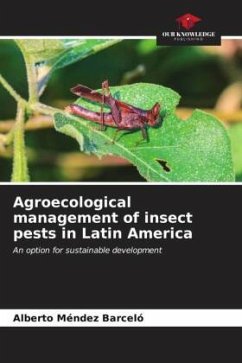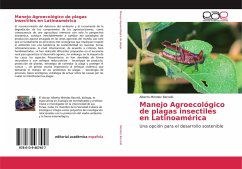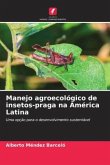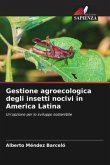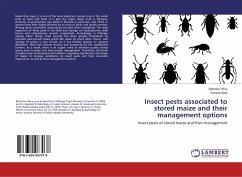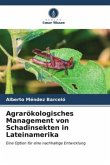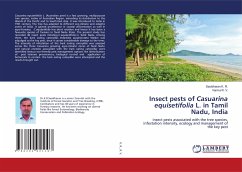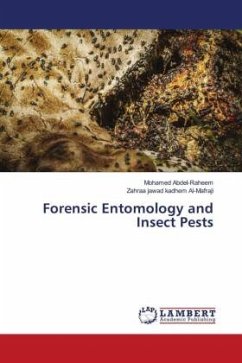The recognition of the deterioration of the environment and the increase in the degradation of the components of agroecosystems, as a consequence of intensive agriculture with only an economic perspective, leads inevitably to change this paradigm of agricultural production rooted in the agricultural areas of the world, for another that is based on more ecological principles that imply respect for the environment with a tendency towards sustainability in our Latin American lands. At the international level, according to well-founded criteria, different proposals have been made in the rural scenario to guarantee agricultural development; however, in most cases, phytosanitary aspects have been addressed in a secondary manner or with a reductionist approach - product technology, plant protection, strategy to control the pest and protect the crop - without giving much importance to the systemic approach required to manage pest problems - process technology, ecological bases, strategy to act on the causes by which pests manifest themselves.

